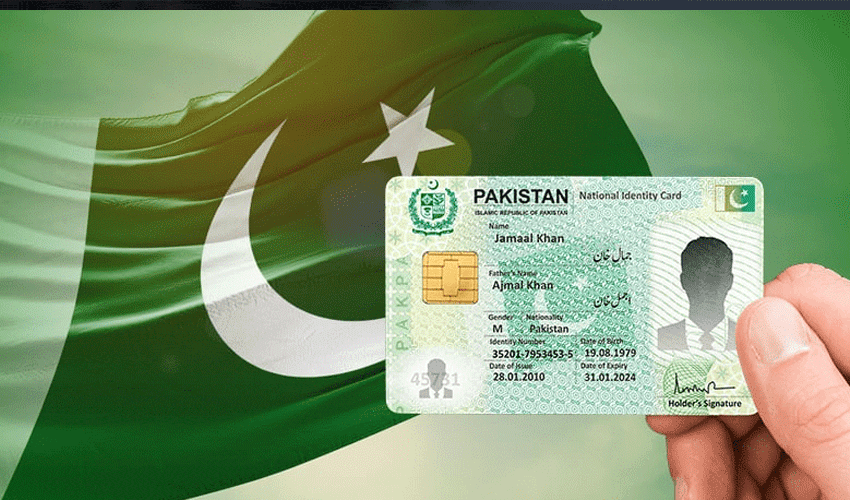Islamabad: NADRA Simplifies Process to Cancel CNICs of Deceased Persons
NADRA plans to extend this feature nationwide, eventually including services for birth, marriage, divorce, and death registrations.
ISLAMABAD: The National Database and Registration Authority (NADRA) has introduced major reforms to simplify the process of canceling the Computerized National Identity Cards (CNICs) of deceased individuals in Pakistan.
A large number of citizens in the country do not promptly report the death of close family members, nor do they cancel the deceased person’s CNIC. This negligence often leads to complications in matters related to inheritance, pensions, and legal procedures.
To address this issue, NADRA has taken significant steps — including eliminating the fee for canceling CNICs of deceased individuals. The move aims to remove financial barriers for citizens and encourage timely registration of deaths.
In addition, NADRA has strengthened its data-sharing system with the Provincial Civil Registration Management System (CRMS) and made biometric verification mandatory for death registration. This has significantly reduced fake or erroneous entries in the system.
According to NADRA officials, the results of the new system have been encouraging, with a noticeable improvement in the registration of deaths. This has helped ensure the accuracy of family records across the country.
Read more: NADRA announces new NICOP fee schedule for expats
The authority has also upgraded its Pak ID mobile app, allowing citizens to apply for the cancellation of a deceased relative’s CNIC directly through the app. In a pilot phase, residents of three districts in Punjab can now register deaths via the Pak ID app. NADRA plans to extend this feature nationwide, eventually including services for birth, marriage, divorce, and death registrations.
Furthermore, NADRA has added a new feature to the app that lets users view their family tree for free and report any inaccuracies in the official record.
NADRA has appealed to all citizens to ensure that significant life events — such as birth, marriage, and death — are registered in a timely manner. Keeping personal and family records updated will help build a reliable, accurate, and transparent national database.






Comments are closed, but trackbacks and pingbacks are open.